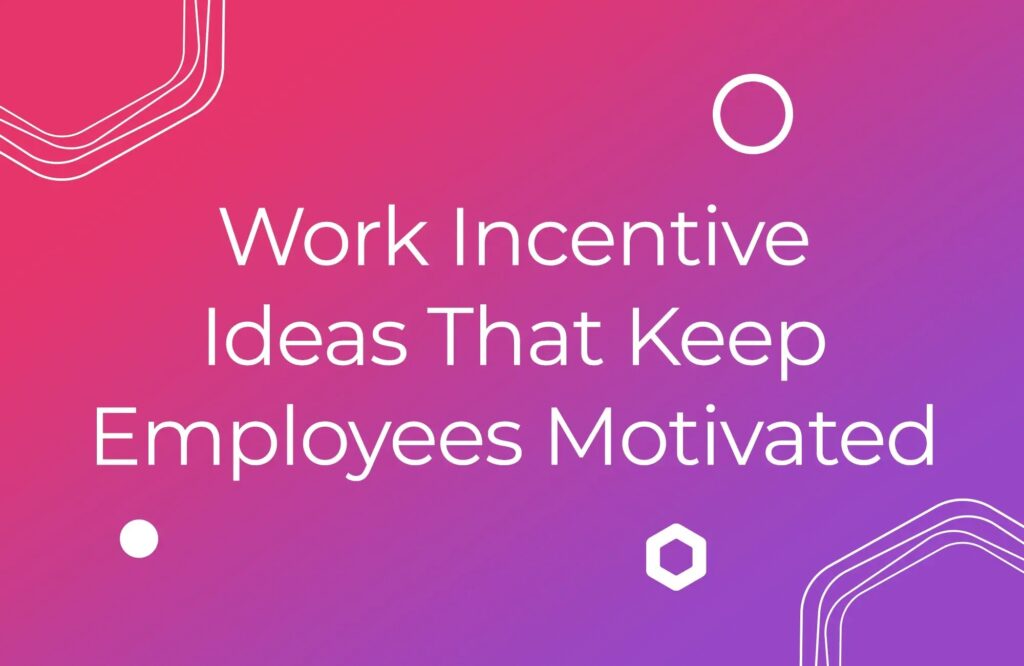


This year’s theme for Mental Health Awareness week is loneliness, the effects it has on our mental health and how we can reduce it within our communities. We’re going to explore how businesses in particular can support those who may be experiencing loneliness.
Loneliness can affect us in different ways. Some people may experience anger, frustration, or irritability, while others feel sad, lethargic and demotivated.
COVID-19 highlighted just how crucial it is to feel connected with others. After a year of lockdowns, social distancing and travel restrictions, not being able to see friends, family and colleagues was certainly a challenge and made many of us feel lonely. But now the world has reopened, we’re able to reconnect in person again. However, unfortunately, there are people who felt lonely and isolated long before COVID-19 was even a thing and still continue to struggle. There are also some people who are feeling the impact of COVID-19 and the restrictions and sadly haven’t been able to rebuild their confidence or those connections. In fact, 45% of adults in England feel lonely occasionally, sometimes or often.
Remember, just because you see people every day doesn’t mean you don’t feel lonely. Just because you have a close family, doesn’t mean you don’t feel lonely. So what can businesses do to ensure they’re providing a connected environment and supporting those who may be feeling a little lonely? Here are some tips…
Create a positive, engaged and connected culture.
Corporate culture plays an integral role in employee loneliness. Encouraging a culture of companionship and empathy will help break down the wall of loneliness as the team will feel more like a family than colleagues. It also helps “foster cooperation over competition” as Forbes put it. Working on shared goals, rather than competing to be the best will demolish those feelings of isolation between employees.
Embedding the importance of meaningful social connections and how to deal with loneliness within your policies and practice will make employees feel more comfortable talking about it. They’ll also know where to go and the guidance to follow should they feel lonely in the workplace.
Speaking about loneliness and spreading awareness will make those experiencing it feel more comfortable talking about it. Sending out surveys asking your team about loneliness will help you understand how much of an issue it is within the business and share messages to support it.
Don’t just talk about work!
Catching up with your team about workload, key projects and deadlines is pretty much standard practice. But sometimes this can only fuel the feelings of loneliness because people feel isolated in their work.
Sometimes the days fly by and before you know it, it’s 5pm and time to go home and you’ve not yet had the chance to even speak to your team! Blocking out 15 mins at the end of the day just to have a non-work-related catch up will give those experiencing loneliness the chance to socialise and feel included. Sure, we’re all busy and there are deadlines to hit, but your team’s well-being is more important than anything.
You may wish to even introduce social gatherings and activities… And no, we’re not talking about those “team-bonding activities” that don’t always go down well! Do something that’s actually fun. Plan a dinner, get down to the pub for a few glasses of wine, go bowling or ice skating! Venturing out of the office will allow you to strengthen your relationships on a personal basis and be a friend to those feeling lonely.
Prioritise learning and training
Sometimes loneliness in the workplace can stem from not being able to contribute or be as involved with the team as much as they’d like. This may be due to a lack of confidence or perhaps not knowing much about a particular topic. Providing the right training and development opportunities is a powerful way to help employees overcome their feelings of loneliness. By learning and developing, employees can acquire the right talents and skills to feel confident in their ability and personal growth.
Loneliness can be the invisible enemy and therefore hard to spot when people are experiencing it. By creating a connected culture, you’ll provide employees with an approachable and friendly environment so they naturally feel more included in the workplace. Going out of your way to catch up about non-work-related things will strengthen your relationships. And lastly, providing learning and training opportunities will help your team build their confidence. Following these simple steps means you can really support those struggling with loneliness and help them feel more connected.









